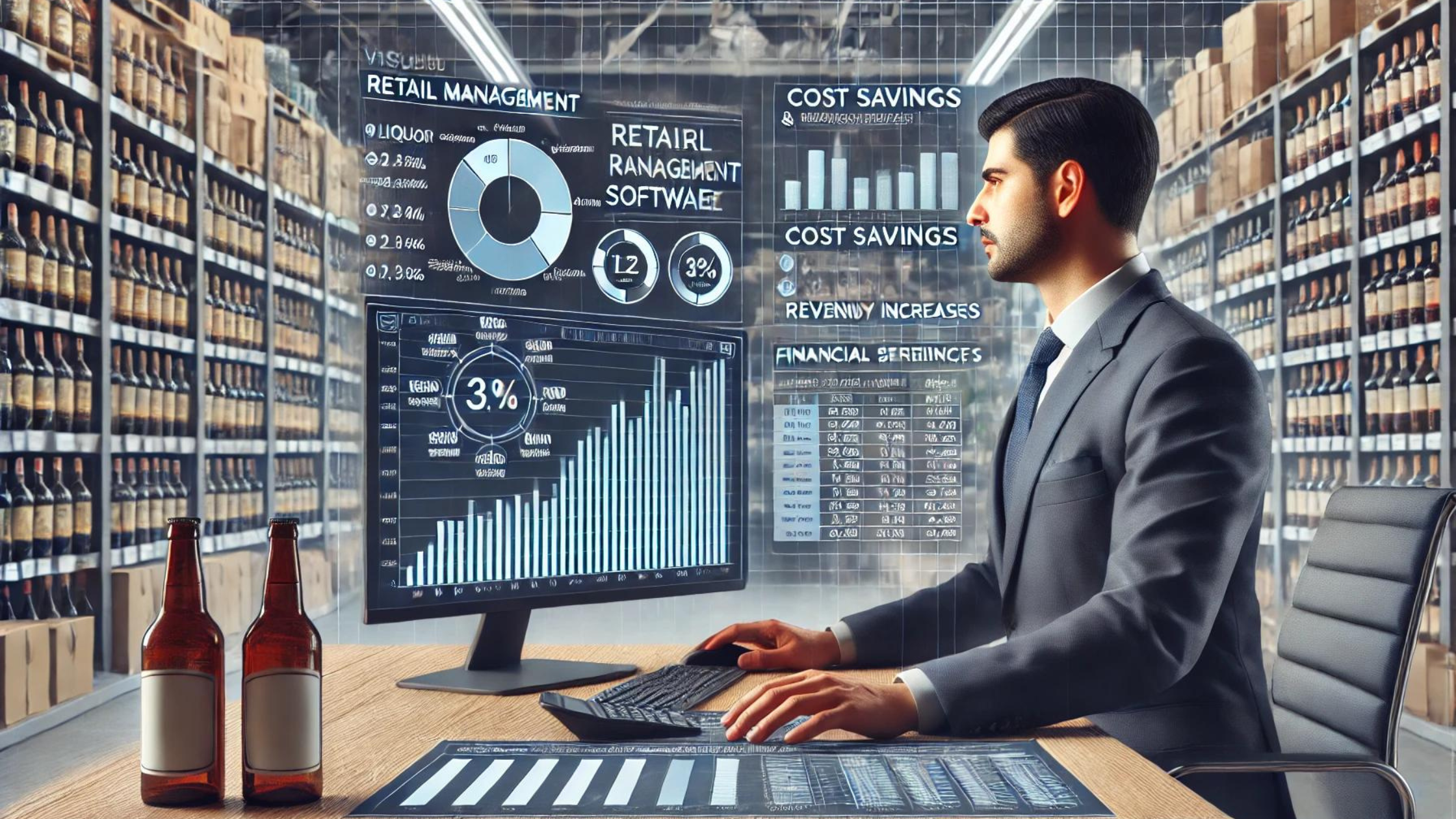The Cost-Benefit Analysis of Investing in Liquor Retail Management Software
Published By: Jatin (CEO) on 20 Aug 2024

Introduction:
Investing in liquor retail management software represents a significant decision for any liquor store owner. This technology can transform operations, improve customer service, and enhance profitability. However, understanding the costs involved and the potential benefits is crucial for making an informed decision. This blog provides a detailed cost-benefit analysis of investing in such software for your liquor retail business.
Initial and Ongoing Costs
The initial investment in liquor retail management software can vary widely depending on the features and scale of the solution. Costs might include software licensing fees, hardware purchases (if necessary), and installation. Ongoing costs typically involve software updates, maintenance, and possibly subscription fees for cloud-based services.
Operational Efficiency Gains
The primary benefit of implementing management software is the significant gain in operational efficiency. Automated inventory management, streamlined point-of-sale transactions, and integrated financial reporting save hours of manual labour. These efficiencies can translate into cost savings over time, reducing the need for excessive staff hours and minimising human errors that can lead to financial losses.
Enhanced Customer Experience
A direct benefit of utilising management software is the ability to provide a more personalised and efficient shopping experience for customers. Features like customer purchase history tracking and loyalty programs enhance customer satisfaction and increase the likelihood of repeat business, directly impacting revenue growth.
Data-Driven Decision Making
With advanced analytics capabilities, liquor retail management software allows store owners to make data-driven decisions. Understanding sales patterns, customer preferences, and inventory turnover can help in optimising stock levels, planning promotions, and even adjusting pricing strategies to maximise profits.
Risk Mitigation
The software also helps in mitigating risks associated with compliance and inventory shrinkage. Accurate age verification, adherence to local liquor laws, and real-time inventory tracking reduce the risk of fines and losses due to theft or spoilage, safeguarding your business’s reputation and financial health.
Long-Term Financial Benefits
While the initial cost may be significant, the long-term benefits of implementing liquor retail management software often outweigh these expenses. Increased sales, reduced operational costs, and improved customer loyalty all contribute to a strong return on investment, making the software a worthwhile expenditure for forward-thinking liquor store owners.
Conclusion:
The decision to invest in liquor retail management software should be based on a careful cost-benefit analysis. For many store owners, the potential to improve operational efficiencies, enhance customer satisfaction, and make informed business decisions presents a compelling case for investment. As the retail landscape continues to evolve, embracing technology can provide a competitive edge essential for success.